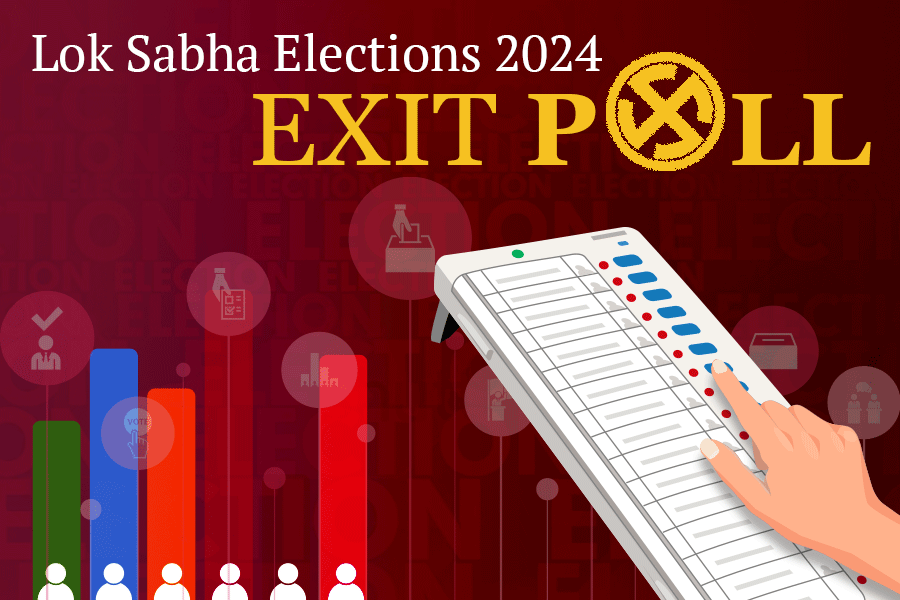Are voters truthful when asked who they voted for? Should they be? In a country as diverse and socially layered as India, there are multiple reasons why people may prevaricate after voting. Fear of reprisal, unwillingness to mention a choice against the majority, distrust of questioners from a different social class, the right to silence or to deliberate misdirection on what is perceived as a purely private matter are some of these. So research agencies conducting exit polls evolve methods that can take this into account. But the 2024 exit polls were not a first-time exercise; there was no excuse to get the results of so many of them off-target, especially since similar predictions have sometimes been starkly mistaken in the past. One instance was the 2004 Lok Sabha elections, when exit polls predicted victory for the then ruling Atal Bihari Vajpayee government, but the Congress-led United Progressive Alliance formed the government.
Exit polls have been wrong in the West, twice dramatically so in the United States of America, in 1948 and 2016. In the United Kingdom, the exit poll on Brexit was wrong. But UK exit polls are usually closer to facts because of the small electorate. Then why do Indian exit polls fail in state elections? There are numerous examples, the 2015 Bihar elections and the 2021 West Bengal elections among them. All such exercises leave a margin for honest error, much of which can be corrected by addressing weaknesses through analysis. Urban bias, the underrepresentation of marginalised groups and of women, over-confident modelling of voter types may all be corrected. There is even less excuse when research agencies appear to favour the ruling party. That may be prejudice; it may also raise questions about funding. Further, the magnification of mistaken readings by the media casts a shadow on journalistic integrity. Should mediapersons accept exit polls without question, without enquiring into their basis? Transparency of method and process is of the greatest importance at both levels. When much of the media are being perceived as mouthpieces of the ruling regime, exit polls giving it an overwhelming majority and media channels thumping tables with that information cause suspicions more of deliberate misdirection than incompetence. And turn independent media into a myth.
Conspiracy theories are absurd. But it must be asked who benefits from exit polls. Certainly the research agencies which are paid for their work and media channels for increased viewing or reading or ‘hits’. That is innocent enough. Once both lose credibility, the question is if the mistaken figures — the correct ones were barely heard — were meant to influence the actual counting. But this time, an uglier question has surfaced. Were the markets manipulated — up with the prediction and down with the results — to benefit those in the know? Unless the pollsters correct their approach, exit polls will remain untrustworthy, perhaps unnecessary, and risk being seen as a pressure tactic or even a tool of deceit.

